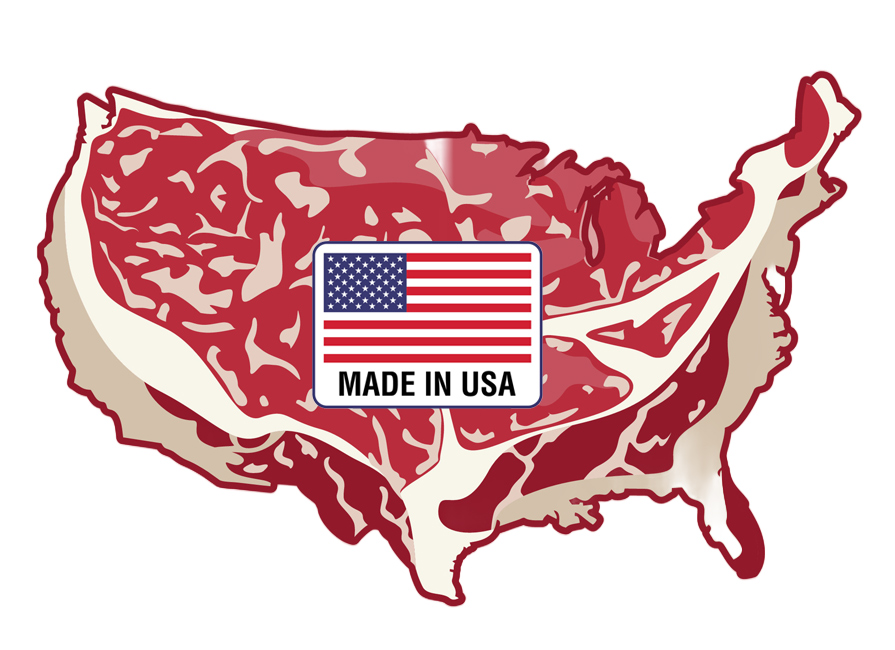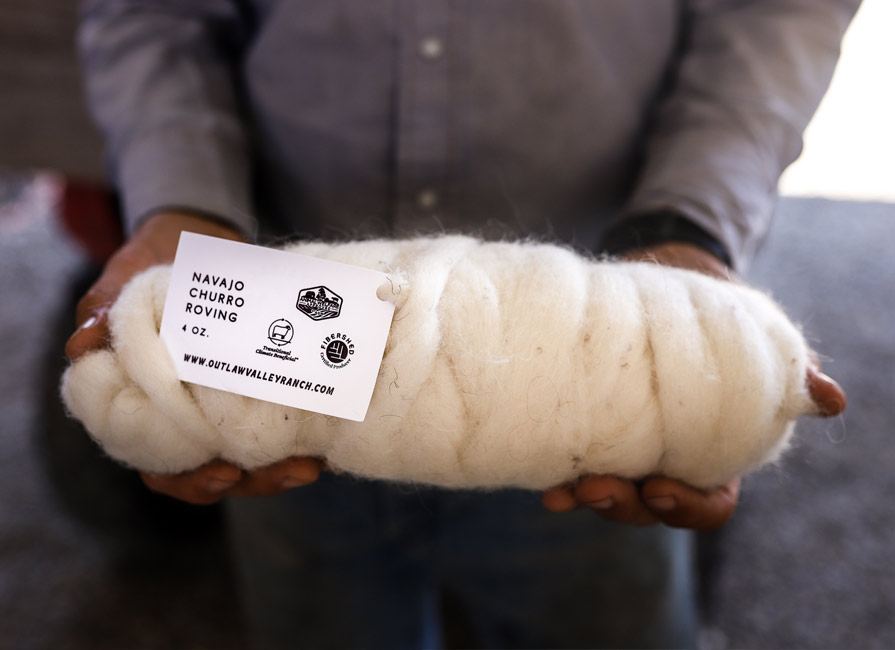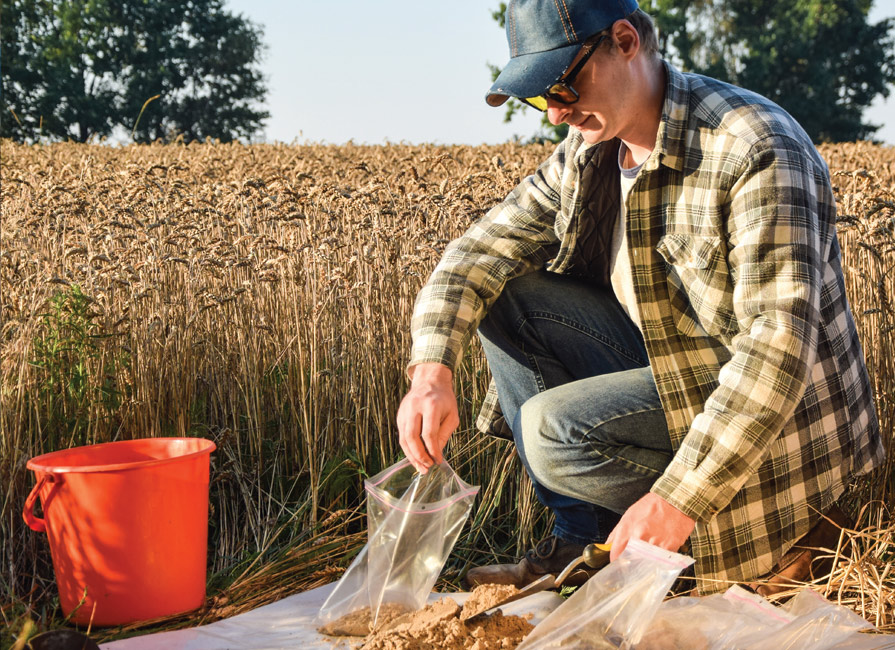Market research shows that today’s consumers are increasingly interested in knowing where their food comes…

Made In The USA
In today’s increasingly food-conscious world, consumers expect a label to mean what it says—including the country of origin of the food they purchase. However, the reality is that “Product of USA” and “Made in the USA” claims used on many food products are highly problematic.
It might surprise you to know that the Food Safety Inspection Service (FSIS) of the United States Department of Agriculture’s (USDA) rules currently allow products to be voluntarily labeled “Product of USA” if the animal was raised in and imported from another country or if meat products were imported and repackaged in the U.S. This is not only misleading for consumers, but causes financial harm to independent U.S. farmers and ranchers, as companies that process cheap imported meat and package it with a U.S. origin claim can gain significant economic advantage over genuine U.S. producers.
A positive change
As an organization dedicated to labeling transparency and committed to helping consumers make informed choices, AGW welcomes the proposed new rule for the “Voluntary Labeling of FSIS-Regulated Products with U.S.-Origin Claims” from the FSIS of the USDA. The new rule would require documentation on file for FSIS to verify that animals were born, raised, slaughtered and processed in the U.S. in order for meat, poultry and egg products to make use of “Product of USA” and “Made in the USA” claims. We strongly support this revision and see it as an opportunity to enhance clarity and transparency in food labeling, which will benefit U.S. consumers and farmers alike.
While the proposed amendment is only voluntary—and we would like to see mandatory country-of-origin labeling in the near future—we support the change with the following key points and recommendations:
Rigorous inspection of documentation: As the “Product of USA” claim will be voluntary and eligible for generic label approval, AGW urges FSIS to ensure inspection personnel are able to exercise thorough scrutiny of all necessary documentation during the generic approval process. By doing so, they can ensure approved labels are not misleading or inconsistent, thereby safeguarding consumer interests and preserving the integrity of the labeling system.
Balancing clarity and consumer confusion: While offering additional information to consumers, verified origin claims can inadvertently create confusion in the labeling process for producers. Nevertheless, the proposed change does outline the need for clear and specific requirements for labels that carry the authorized claims “Made in the USA” and “Product of USA.” AGW encourages FSIS to strike a balance between providing clear information for consumers and avoiding unnecessary complexity in labeling guidelines for producers.
Informed choices
Transparent and accurate food labeling is an essential aspect of empowering consumers to make informed purchasing choices, and U.S. farmers should never be disadvantaged in the marketplace from imported products bearing misleading U.S. origin claims. We strongly support strengthening the USDA rule for the use of country of origin claims and the provision of clear guidelines so that we can make a significant stride towards a more transparent food system, benefiting both consumers and farmers in the U.S.
Author: Katie Amos is Director of Communications and Outreach at A Greener World
Originally published in the Fall 2023 issue of AGW’s Sustainable Farming magazine.



